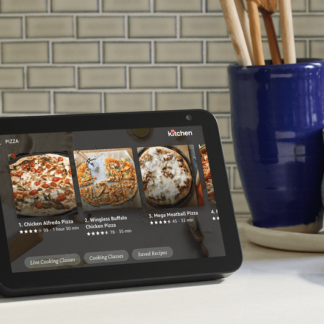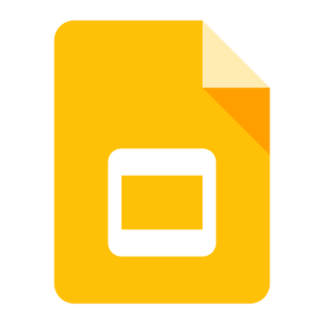As a small business owner, working with a deaf, or a hard of hearing customer or employee, your technique and decision-making will determine a positive or negative result. You must determine what kinds of services are needed, contact an agency to provide the services and ensure the settings are arranged to allow for the best provision of these services. The article “How to Work With Deaf or Hard of Hearing Customers and Employees” provides guidance on what is needed for communication, how to hire an interpreter, appropriate behaviors when working with an interpreter and a deaf/hard of hearing person.
Tag: interpreter
What’s the Difference Between VRS and VRI?
When interpreting services are needed to provide access for a deaf/hard of hearing colleague or client, it is important to know the options. Traditionally, interpreting services have been provided by having the interpreter(s) come to the meeting, interview, or conference location to provide services, and this is still common. Technology has, however, created an entirely new way in which to access interpreter services through video technology. By using a video connection from a laptop, desktop, tablet, or even a cell phone, interpreting services can be provided remotely. This has several different advantages, depending upon the type of service.
It is important to understand that the same issues that are involved in using an interpreter who is physically present at a meeting or an event apply to using a remote interpreting service. For example, the interpreters will not necessarily have specialized vocabulary which can create some confusion when they are interpreting.
The differences between Video Relay Service (VRS) and Video Remote Interpreting (VRI) are commonly misunderstood. The two services are very different in terms of what is allowed and what is not allowed and how the services should be used.
| VRS | VRI | |
| Is it free? | Yes, the Federal Communications Commission pays for it. | No, the business of organization using it is responsible for paying for the service. |
| What kind of equipment do we need to have to use these services? | An employee would need to install the VRS company’s software to use the service on their laptop, computer, or tablet. | It depends on which agency the organization is using. Some agencies prefer for employees to use a laptop and others prefer for them to use a tablet. |
| Can we use VRS in a team meeting? | This is allowed if a deaf/hard of hearing person is working from home or is a remote employee. Using VRS is acceptable, only if the two parties are in different locations. | Yes, VRI can be used in a team meeting. This works best if it’s a small team meeting, but not as well if more than three or four people are in the room. |
| Can it be used anytime? | The service is available 24/7 in the United States and Canada. | No, there needs to be a scheduled appointment for meetings. |
| Is there a minimum time for the service? | No, if an interpreter needs to leave because of the break schedule, they’ll transfer the call to a different interpreter. | Depends on which agency the organization is using. Some agencies charge for a minimum of 15 minutes, some 30 minutes, etc. |
| Does it work for a deaf/hard of hearing person to use VRS for BlueJeans meetings? | Yes | No. |
| Are there recommended companies to use for the service? | Canada: SRV Canada United Kingdom: SignVideo United States: Convo Sorenson ZVRS | ACA Deaf Services Unlimited Partners Interpreting ZVRS |
| Does it work if a hearing person calls a deaf/hard of hearing person through the service? | Yes, but be aware that while calling a deaf/hard of hearing person through VRS, sometimes it takes some time for VRS to find an interpreter. The call might not ring through right away, but might have a slight delay. Also, if someone uses BlueJeans to call someone else through VRS, it usually disconnects. For BlueJeans, it is better to have the deaf/hard of hearing person make the call. | For this situation, there will be an appointment scheduled for the service, so this means the deaf person or the interpreter will call the other to get the meeting started. |




